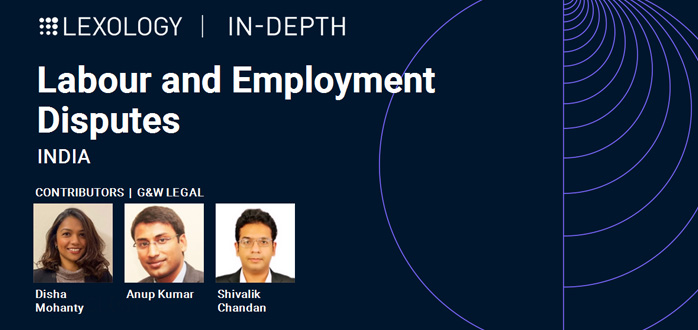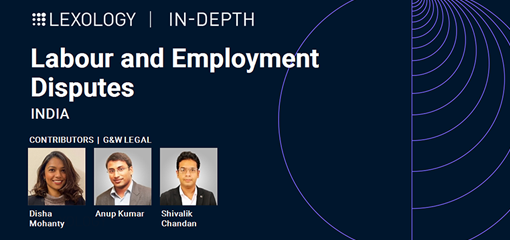
The Constitution of India confers powers to state governments and the central (federal) government to enact laws on the subject of employment and labour, except for certain matters that are reserved for the central government.
A large number of labour laws exist on different aspects of labour, namely, fixation and payment of wages, social security, occupational health and safety, women and child labour, industrial relations, resolution and adjudication of industrial disputes, and equal opportunities, including opportunities for disabled and transgender individuals.
Currently, over 50 separate laws concerning employment and labour law are in effect in the country. The existing labour and employment laws can be categorised into the following categories:
a. laws enacted and enforced solely by the central government;
b. laws enacted by the central government and enforced both by the central and state governments;
c. laws enacted by the central government and enforced by the state governments; and
d. laws enacted and enforced by the various state governments which apply to respective states
Given the plethora of laws that exist on the subject of labour and employment, we have discussed the following key employment disputes and procedures that apply thereto:
a. termination of employees;
b. disputes concerning sexual harassment; and
c. other employment matters.















